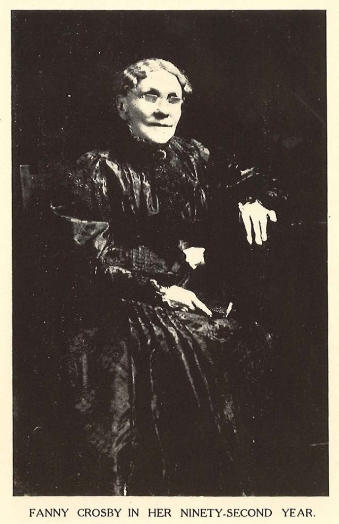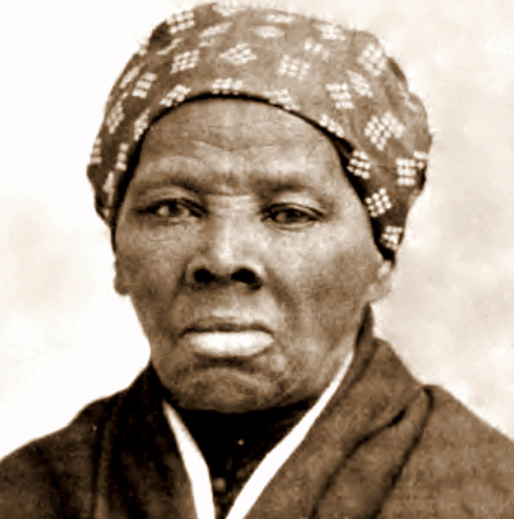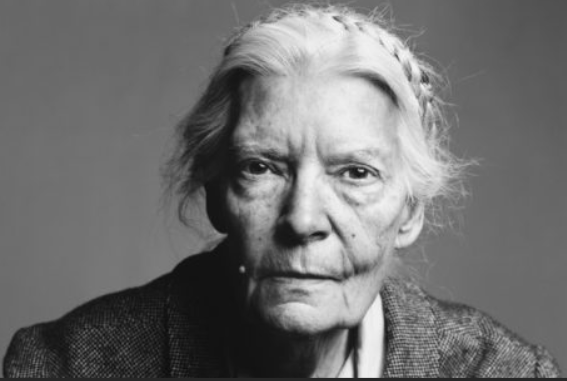March is Women’s History Month!
We are celebrating by remembering and sharing the stories of influential women in church history.
Frances Jane Crosby, born in 1820 and more commonly known as Fanny Crosby, lost her sight as a child because of an infection followed by poor medical treatments. However, Crosby did not let this disability stop her from being a successful hymn writer, having authored a reported 8,000 songs, generally set to popular tunes of the time. Crosby was behind many hymns that are still in use today, including “Blessed Assurance,” “To God be the Glory,” “Near the Cross,” and “Pass me not, O Gentle Savior.” She was also an author of poetry, with her first published work, titled “A Blind Girl and Other Poems,” being released in 1844.


Nicknamed “Moses” for her efforts to lead slaves to freedom, abolitionist Harriet Tubman fought against slavery both before and during the American Civil War. Tubman was a practicing member of the African Methodist Episcopal Church and claimed to have seen visions from God that aided her anti-slavery efforts.
Maria Elizabeth Hesselblad (4 June 1870 – 24 April 1957) was a Swedish religious sister who founded a branch of the Bridgettine order in the Roman Catholic Church known as the “Bridgettine Sisters”. Hesselblad is recognized as Righteous among the Nations due to her efforts in World War II, saving the lives of Jews during the genocide of the Holocaust. She performed many charitable works on the behalf of the poor and those that suffered due to racially unjust laws. She also promoted a movement for peace that involved Christians and non-Christians, and she became part of their journey to faith and to the Church. The war also saw her save the lives of Jews who otherwise would have been murdered in the Holocaust had it not been for her direct intervention.


An activist for causes including women’s suffrage, workers’ rights, and pacifism, Dorothy Day joined the Catholic Church in 1927 as an adult. She co-founded the publication The Catholic Worker and helped launch the Catholic Worker Movement, which centered its advocacy on social justice issues. “Dorothy Day’s life and legacy is a radical movement, faithful to the Gospel and the church, immersed in the social issues of the day, with the aim of transforming both individuals and society,” noted the Catholic Worker Movement.





